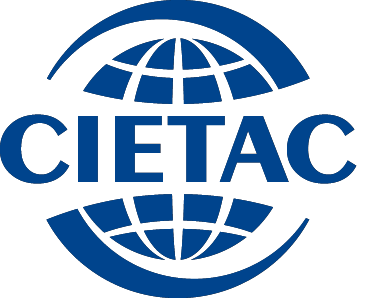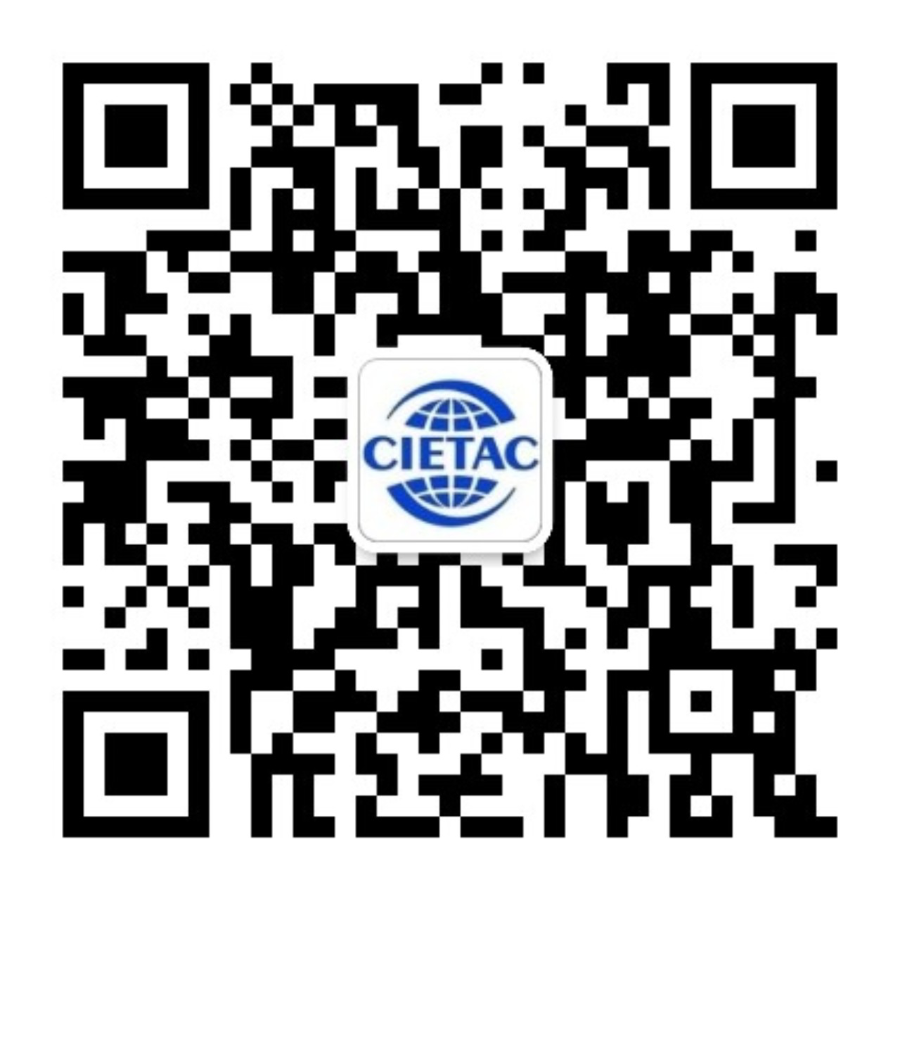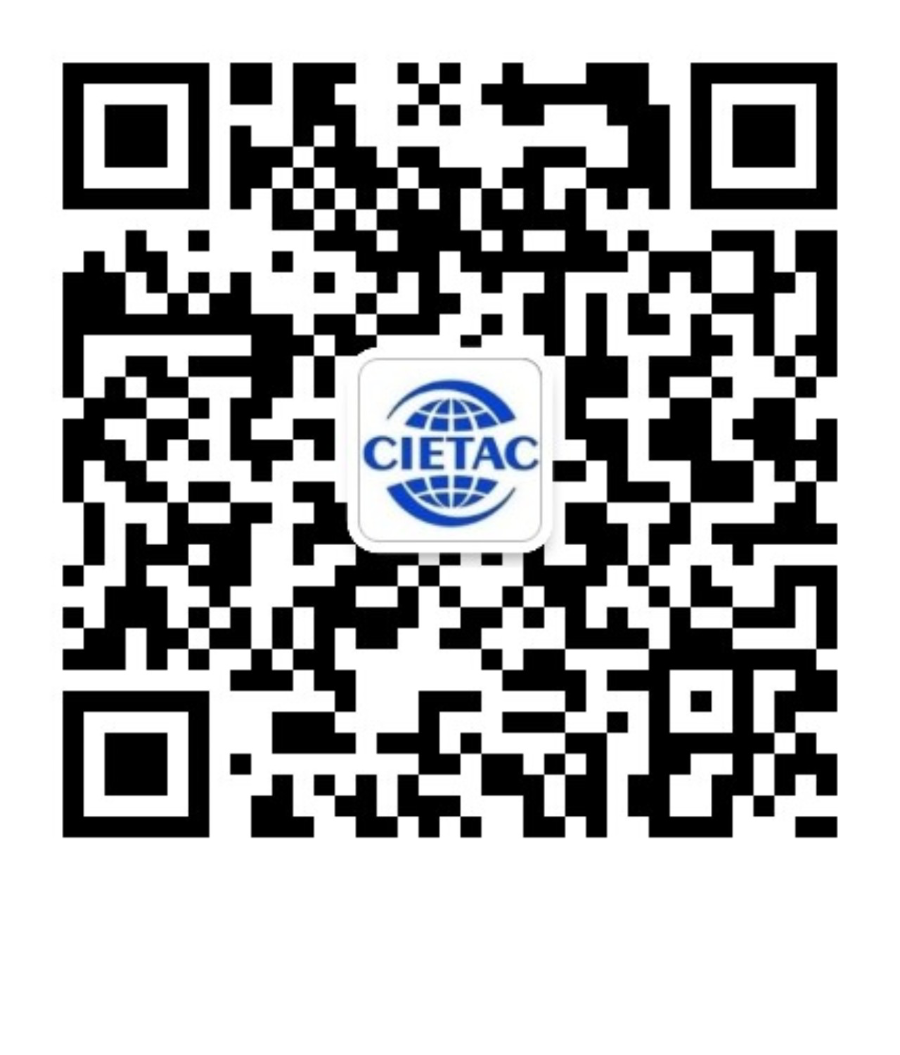(Revised and Approved by the 18th Members’Council of CIETAC)
Chapter I General Provisions
Article 1 China International Economic and Trade Arbitration Commission (hereinafter referred to as CIETAC) is a permanent arbitration institution established within the China Council for the Promotion of International Trade (China Chamber of International Commerce) upon the approval of the Central People’s Government of the People’s Republic of China in 1954 to resolve economic and trade disputes independently.
Article 2 Previously named the “Foreign Trade Arbitration Commission of the China Council for the Promotion of International Trade Arbitration” and the “Foreign Economic and Trade Arbitration Commission of the China Council for the Promotion of International Trade”, CIETAC concurrently uses as its name the “Arbitration Institute of the China Chamber of International Commerce” as from the year 2000.
Article 3 CIETAC is based in Beijing.
Chapter II Main Functions
Article 4 Main functions of CIETAC include:
1. Taking cognizance of arbitration cases arising from international, foreign-related and domestic disputes among natural persons, legal persons and other organizations as equal parties;
2. Providing other dispute resolution services as agreed by the parties;
3. Taking cognizance of disputes upon the authorization of governments, international organizations or other institutions;
4. Providing relevant services for institutional and non-institutional arbitration upon the request or agreement of the parties, such as appointing arbitrators, etc.;
5. Participating in, organizing and coordinating relevant public legal affairs;
6. Conducting research and promotion of commercial arbitration and other alternative dispute resolution mechanisms; and
7. Conducting legal training and business exchange of arbitration, and participating in activities organized by relevant organizations in and outside China.
Chapter III Organizational Structure
Article 5 CIETAC is composed of one Chairman, one Executive Vice Chairman, a number of Vice Chairmen and a number of Commission Members, who are experts and distinguished persons in relevant fields engaged by the China Council for the Promotion of International Trade (China Chamber of International Commerce). They shall serve a term of three years, subject to adjustment when necessary.
Article 6 CIETAC has one Honorary Chairman and a number of advisors, who shall be relevant well-known personages invited by the China Council for the Promotion of International Trade (China Chamber of International Commerce).
Article 7 CIETAC establishes special committees according to the needs of the work.
Article 8 CIETAC has one Secretary-General, who is employed by CIETAC to take charge of the day-to day running of CIETAC.
Article 9 CIETAC has an Arbitration Court and a Secretariat.
Article 10 CIETAC may establish branches as Sub-commissions and Arbitration Centers in qualified cities and industries to meet the needs of its business development.
Chapter IV Members’ Council
Article 11 The Members’ Council is composed of the CIETAC Chairman, the Executive Vice Chairman, the Vice Chairmen, the Secretary-General and the Commission Members. Its main functions and duties are:
1. To review and approve the Articles of Associations of CIETAC;
2. To review and approve the annual work reports of CIETAC;
3. To discuss important matters such as the working guidelines and principles of CIETAC and adopt corresponding resolutions; and
4. To discuss and adopt resolutions on other important issues referred to it by the Chairman’s Council.
Article 12 The Member’s Council shall meet once a year and shall be presided over by the Chairman or the Executive Vice Chairman. Interim meetings may be held when necessary.
Article 13 A resolution of the Members’ Council shall be valid only if it is consented to by the majority. The Commission Members may submit written opinions, which shall have the same effect as the opinion of the Members in attendance.
Chapter V Chairman’s Council
Article 14 The Chairman’s Council is composed of the Chairman, the Executive Vice Chairman, Vice Chairmen and the Secretary-General of CIETAC. It is responsible for the running of CIETAC and performs the relevant functions and duties of the Members’ Council when the latter is in recess. The Chairman’s Council also performs the following duties:
1. To review and approve the Arbitration Rules, other rules of dispute resolution and their amendments;
2. To consider and determine the appointments and terminations of appointment of arbitrators;
3. To consider and determine the scope of authorization to the Arbitration Court and the Secretariat; and
4. To consider and determine other matters.
Article 15 The Chairman’s Council shall meet twice a year in principle and shall be presided over by the Chairman or the Executive Vice Chairman.
Article 16 A resolution of the Chairman’s Council shall be valid only if it is consented to by the majority. Members of the Chairman’s Council may submit written opinions, which shall have the same effect as the opinions of the members in attendance.
Chapter VI Special Committees
Article 17 CIETAC establishes the following special committees:
1. The Expert Advisory Committee, which studies and provides advisory opinions on complicated procedural and substantive issues of arbitration cases;
2. The Arbitrators Qualification Review Committee, which provides comments and suggestions on issues such as the review of the arbitrators’ credentials, the appointment of the arbitrators, and the training and appraisal of the arbitrators;
3. The Case Compilation Committee, which is responsible for the compilation of arbitration cases; and
4. The Development Committee, which provides suggestions and advice on the business development of arbitration.
CIETAC may establish other special committees according to the needs of the work.
Article 18 Each special committee has one Committee Chairman, one or two Vice Committee Chairmen and several Committee Members, who are engaged by CIETAC.
Chapter VII Arbitration Court
Article 19 The Arbitration Court shall take charge of the procedural administration of the arbitration cases accepted by CIETAC. The Arbitration Court has one President.
The main functions and duties of the Arbitration Court are:
1. To administer international, foreign-related and domestic arbitration cases;
2. To provide procedural administration services for mediation of investment treaty disputes and resolution of domain name disputes;
3. To provide procedural administration services for other alternative dispute resolutions;
4. To conduct research on arbitration and other alternative dispute resolutions;
5. To conduct promotion and development activities for arbitration and other alternative dispute resolutions; and
6. To take charge of other business of CIETAC.
Chapter VIII Secretariat
Article 20 The Secretariat is responsible for the management of internal daily administrative matters of CIETAC and public legal affairs that CIETAC shall participate in, organize and coordinate. The Secretariat works under the direction of the Secretary-General. The main functions and duties of the Secretariat are:
1. To organize the implementation of the CIETAC annual work Plan;
2. To organize the transition and undertake the secretarial work of the Members’ Council of CIETAC;
3. To conduct training, supervision and management of the arbitrators;
4. To provide suggestions and advice to legislative bodies on the amendment of the foreign-related civil and commercial legislations and participate in the drafting of international arbitration laws and regulations;
5. To manage the financial revenue and expenditure of CIETAC; and
6. To undertake other matters assigned by CIETAC.
Chapter IX Branches and other organizations
Article 21 Sub-Commissions/Arbitration Centers are branches of CIETAC. Their establishment shall be reported by CIETAC to the China Council for the Promotion of International Trade (China Chamber of International Commerce) for approval and their operations are directly led by CIETAC. CIETAC shall make regulations on the management of its branches.
Article 22 A sub-commission/arbitration center has a secretary-general, who is engaged by CIETAC to take charge of the daily work of the sub-commission/arbitration center.
Article 23 A sub-commission/arbitration center has an arbitration court with a president engaged by CIETAC.
Upon the authorization of CIETAC, the arbitration court of a sub-commission/arbitration center is in charge of the following matters:
1. To administer the procedures of arbitration cases according to the arbitration rules;
2. To provide procedural administrative services for other alternative dispute resolutions;
3. To conduct training, promotion and development of arbitration;
4. To report regularly to CIETAC about the work status and other matters that need to be reported; and
5. To undertake other matters assigned by CIETAC.
Article 24 Other organizations established by CIETAC include:
1. Arbitration offices, which are the liaison and promotion organs of CIETAC that perform relevant functions in accordance with the authorization of CIETAC.
2. Special industry committees, which are the special organs of CIETAC to connect with the relevant industries and promote arbitration therein, and perform relevant functions in accordance with the authorization of CIETAC.
3. Arbitration centers of specific industries, which provide services for the resolution of disputes in specific industries according to the authorization of CIETAC.
The establishment of all the above bodies shall be reported by CIETAC to the China Council for the Promotion of International Trade (China Chamber of International Commerce) for approval, and the persons-in-charge are engaged by CIETAC.
Chapter X Arbitration Rules and other Rules of Dispute Resolution
Article 25 CIETAC makes arbitration rules, which shall apply to arbitration cases accepted by CIETAC.
Article 26 CIETAC may make arbitration rules of specific industries to be applied to arbitration cases of specific industries.
Article 27 CIETAC may make other rules of dispute resolution to be applied to the resolution of other disputes.
Article 28 The draft and amendment of the arbitration rules and other rules of dispute resolution shall be reviewed and passed by the Chairman’s Council and shall come into force after the approval of the China Council for the Promotion of International Trade (China Chamber of International Commerce).
Chapter XI Arbitrators and Experts of other Dispute Resolution
Article 29 CIETAC has a Panel of Arbitrators to be applied to arbitration cases accepted by CIETAC.
Article 30 CIETAC may have Panels of Arbitrators of specific industries to be applied to arbitration cases of specific industries.
Article 31 CIETAC may have Panels of Experts of other dispute resolution to be applied to the resolution of other disputes.
Article 32 An arbitrator will be engaged by CIETAC after he/she has passed the review of the Arbitrators Qualification Review Committee and has been approved by the Chairman’s Council.
Experts of other dispute resolution are engaged by CIETAC.
Chapter XII Finance
Article 33 CIETAC conducts independent accounting.
Article 34 The funding of CIETAC come from:
1. Arbitration fees paid by the parties;
2. Incomes from organizing events or providing other services;
3. Government sponsorship and public donations; and
4. Other lawful incomes.
Article 35 The expenditures of CIETAC are:
1. Case administrative costs;
2. Daily clerical costs;
3. Costs for promotion activities; and
4. Other necessary costs.
Chapter XIII Supplementary Provisions
Article 36 These Articles of Association shall be interpreted by CIETAC.
Article 37 These Articles of Association, approved by the 18th Members’ Council of CIETAC and submitted to the China Council for the Promotion of International Trade (China Chamber of International Commerce) for record on September 5, 2014, shall come into force as from January 1, 2015.





